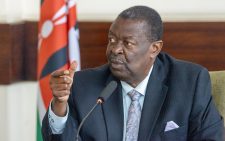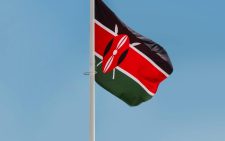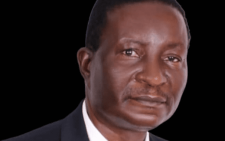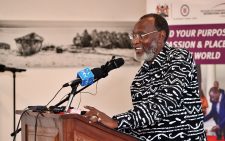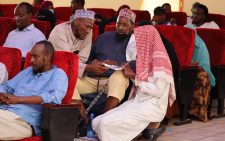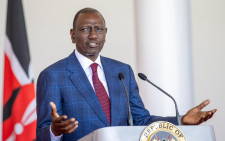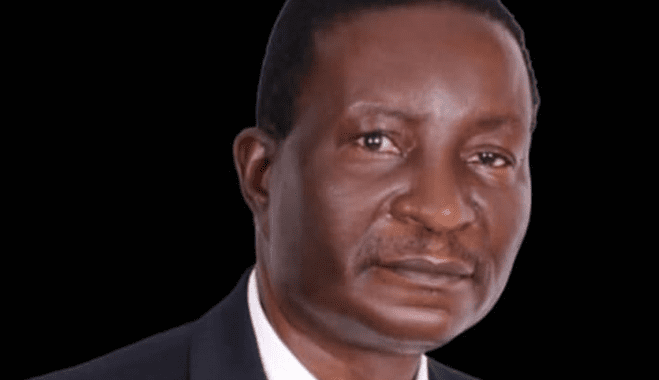Why Uhuru banned public officials from travelling
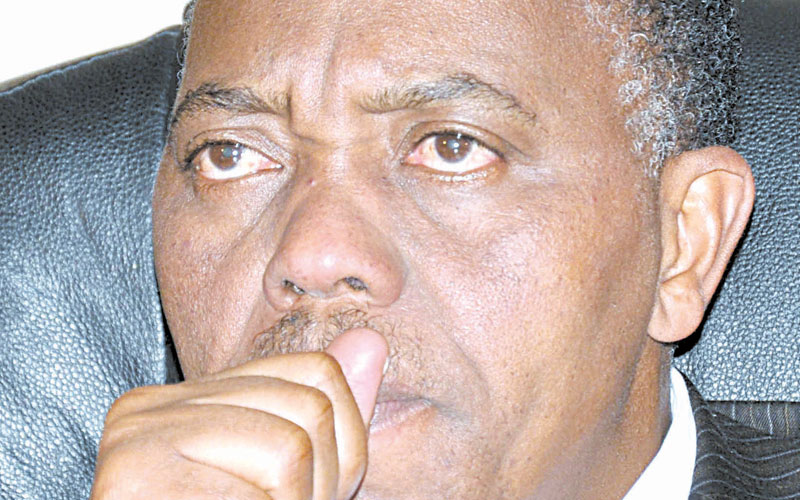
President Uhuru Kenyatta has suspended all non-essential international travel by government officials due to the Covid-19 pandemic and as a means to cut spending.
At the same time, the government has raised the red flag on crooked senior public officials who are using unorthodox means to circumvent the ban on foreign trips.
Some of the officers, who are holders of diplomatic passports, have devised a system through which they use private travel agents to arrange their trips in a bid to avoid the State machinery.
The officers first travel to Dubai from where they easily transit to specific areas of destination.
“The Ministry of Foreign Affairs has noted with concern that many senior government officials are travelling to Dubai using Diplomatic passports bearing visas with details of ordinary passports,” an internal memo signed by a Juliana Yiapan on behalf of the Principal Secretary Ministry of ICT, Innovation and Youth Affairs states.
Yiapan warns that all Diplomatic passport holders are required to pass through the Ministry of Foreign Affairs to obtain verbales while applying for visas.
She further reminds visa agents that they are not authorised to process applications for government officials and holders of diplomatic passports.
Unorthodox means
“Diplomatic passports are a privilege and meant to be used by government officials traveling on official duties and where applicable by spouses and dependents accompanying them. Officials traveling for private purposes are advised to use ordinary passports,” Yiapan states.
Sources at the Ministry of Foreign Affairs intimated to People Daily that at least two Cabinet Secretaries, four Principal Secretaries, a number of governors, some MPs and several senior government officials have found themselves on the spot in the last one month for using “unorthodox means” to travel to Dubai.
All senior State officers must receive authorisation to travel from the Head of Public Service Joseph Kinyua.
“The suspension will remain in force up to and until the same is vacated by a resolution of the National Security Council,” another memo by Kinyua, dated March 12, 2021 states.
Kinyua’s latest memo now means that all non-essential travels outside the country, whether on official government business or on private business will remain halted until further notice.
However, officials with urgent undertakings abroad have been advised to inform the ministries of Interior and Foreign Affairs about the engagements in good time to enable their facilitation.
But it will not be a walk in the park for even those with urgent assignments outside the country as they will be required to go through several bureaucratic bottlenecks to be cleared.
It will now be mandatory for Principal Secretaries and chief executives of State corporations to seek permission from their respective Cabinet Secretaries and a formal approval by Kinyua.
“In instances where Principal Secretaries and chief executive officers are required to travel for duty outside the country, they will be cleared by their respective Cabinet Secretaries before seeking formal clearance by the chief of staff and head of public service,” Kinyua says in the memo.
Wage bill
Many senior national and county government officials are known to come up with unnecessary foreign trips in a bid to make money through per diems and other allowances.
Sources within the government say Kinyua’s directive is part of the government’s efforts to control runaway wage bill and spiralling cases of coronavirus.
Several trips were reportedly cancelled last week, with the latest being a request by some officials from the Insurance Regulatory Authority.
There are also claims that some Ministry of Education officials may have circumvented the ban to travel to Tanzania a few days ago.
Last Friday, the President issued new protocols to control the rising cases of Covid-19 infections and deaths. The infection rate that has risen to 13 per cent from two per cent in January.
He banned political and large social gatherings for 30 days and ordered security organs to strictly enforce the order.
